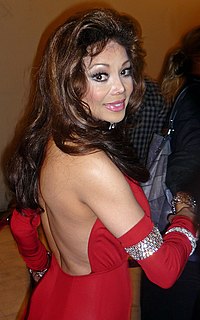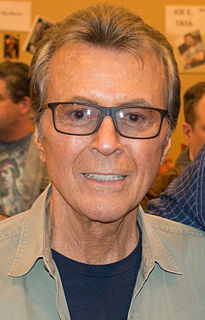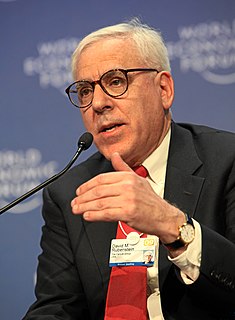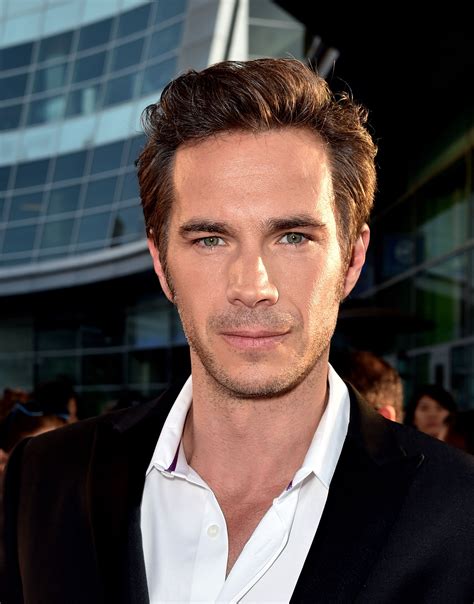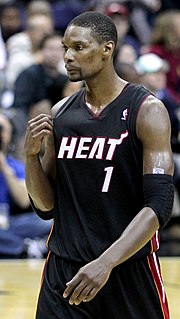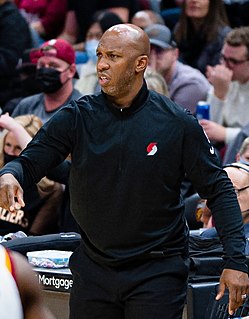A Quote by Anita Hill
Well, of course it was a very trying time for me, and fortunately I had a lot of people who were supportive. A lot of people who were writing and calling and saying they were praying for me. Some people sent me Scripture, and that helped.
Related Quotes
I got up and saw my face in the mirror and saw the horror. When they did the surgery on me, they took out 67 glass pieces. There were a lot of movies that I had lined up for myself during that time, and I had to let it go. I didn't want people to know because, at that time, people were not that supportive.
As a young lawyer, I learned to try to find common ground with people, to look for a human connection. When I got to the Senate, despite the fact that there were a lot of people who didn't want me to get there - and were sure they'd never even talk to me, let alone work with me - I really tried to do the job I was sent there to do by the people of New York, which was to get things done for my constituents. I worked with Republicans, and we found a lot of common ground. It isn't easy, but it's part of what we have to do in politics today.
The strange thing about my life is that I came to America at about the time when racial attitudes were changing. This was a big help to me. Also, the people who were most cruel to me when I first came to America were black Americans. They made absolute fun of the way I talked, the way I dressed. I couldn't dance. The people who were most kind and loving to me were white people. So what can one make of that? Perhaps it was a coincidence that all the people who found me strange were black and all the people who didn't were white.
I respect journalism. I was always very aware of journalism from a very broad point of view, but I'd say my baptism by fire was doing the Donald Margulies play Time Stands Still. That for me was a real education because I spent a lot of time with some incredible journalists, war reporters particularly - Bob Woodruff, Dexter Filkins - people who were very helpful in painting the picture for me and reading the accounts of people and what they experienced, a lot of PTSD.
First I went to a Jewish school, when I was very little. But when I was 12, they put me in a school with a lot of traditions, and they were educated people and they were talking about Greece and the Parthenon and I don't know what. All the kids, all the girls they had already seen that and knew that from their family, and I would say, "What are you talking about, what's that?" It's not my world. My grandparents were very well-educated people, but in the Jewish tradition. They knew everything about the Bible.
I do kind of marvel at my journey. But at the same time, I look back at a lot of the steps, and maybe not every step, but a lot of the steps, and since I was 12 or 13, I look at the people who helped me and the moments that were inspirational to me, and you can recall what my mindset and what my make-up was at that time to try and be the best.
I saw. I wanted to start my own store so people would know that what they were buying was real. There were bootlegs around at the time that had my name on the cover, but the music had nothing to do with me. I'm not trying to compare myself to [Jimmie] Hendrix, but back in the '70s, there were some Hendrix bootlegs.


